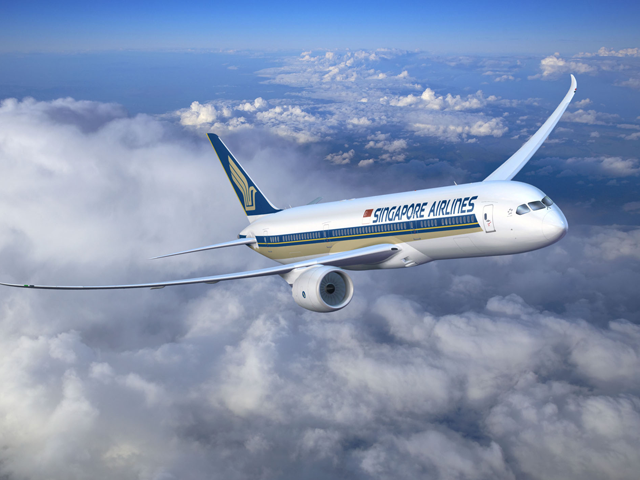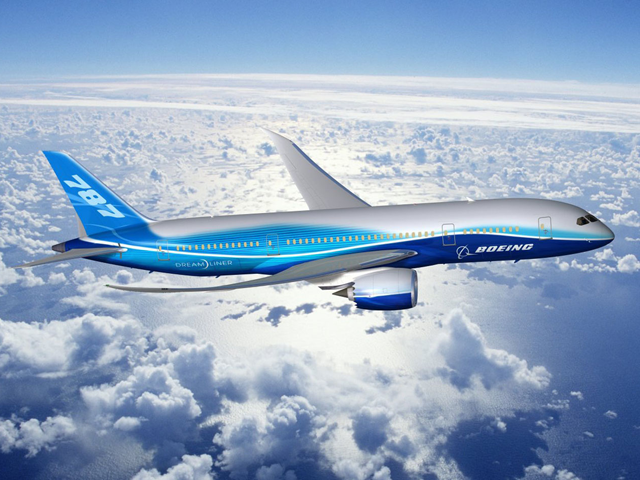United and Houston Airport System Start $1 Billion Redevelopment plan
 2:22 PM
2:22 PM
 Charles dickens
, Posted in
Airport development
,
Airport improvement
,
United and Houston Airport System
,
0 Comments
Charles dickens
, Posted in
Airport development
,
Airport improvement
,
United and Houston Airport System
,
0 Comments
First level one of the project, to be finished in 2013, will create a new Terminal B south concourse dedicated to regional jet operations
Houston Mayor Annise Parker and the Houston Airport System, in partnership with United Continental Holdings, Inc. (NYSE: UAL), today broke ground on the first stage of a three-phase redevelopment project at George Bush Intercontinental Airport. Stage one of the plans, to be completed in 2013, will create a new Terminal B south concourse dedicated to regional jet operations.
The $160 million south concourse plan will replace the existing south side flight stations with a new 225,000 square-foot facility to accommodate United's regional aircraft. At nearly four times the size of the existing space, the new concourse will provide a better customer experience, as it will feature modern and expanded gate lounge areas, concessions and restroom facilities.
Travelers will way in the new concourse from the terminal via a 95 foot wide bridge with 13,000 square feet of food, beverage and retail concessions a 500 percent increase in concession space over the current facility. The concourse will feature 28 foot high floor to ceiling glass windows, offering expansive tarmac-views from spacious central passenger lounge areas with durable and modern interior finishes.
"As I noted in my inaugural address, producing jobs for Houstonians is my number one job for the next two years," said Mayor Parker. "Stage one of this billion-dollar investment with United is the first delivery on that promise. We celebrate the boost to our local economy that will result from this investment. Houston will thrive as our global gateway expands to include more flights and greater access to business connections all over the world."
"Houston is our largest center and a vital international gateway in United's network," said Pete McDonald, United's executive vice president and chief operations officer. "This investment in the Houston hub will let us to accommodate more customers and more aircraft types, provide new amenities for travelers and improve efficiencies for the new United."
Plans for future phases of the $1 billion redevelopment project include redevelopment of the central Terminal-B lobby and baggage claim areas, a new international-capable north concourse for mainline and regional jets, a new Terminal B Federal Inspections Services (FIS) facility and infrastructure advance.
The total three-phase redevelopment project is intended over the next seven to 10 years, based on demand.
The project's design incorporates energy efficient techniques using Leadership in Energy and Environmental Design (LEED) standard.
The Houston Airport System is partnering with United on the project and the new construction will be an important investment in the local economy by creating many jobs.









